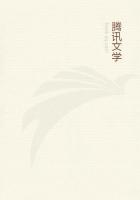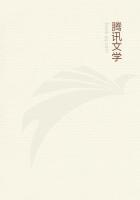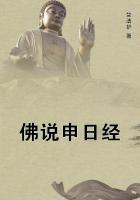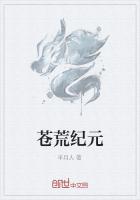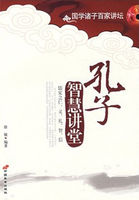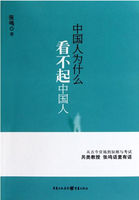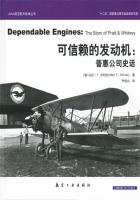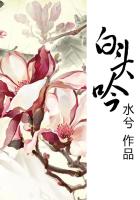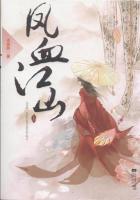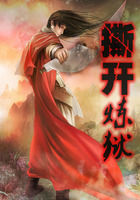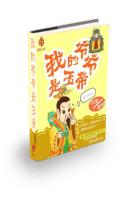THE UNWRITTEN SCRIPTURES
A Living Book. The Sioux Story of Creation. The First Battle. Another Version of the Flood.
Our Animal Ancestry.
A missionary once undertook to instruct a group of Indians in the truths of his holy religion. He told them of the creation of the earth in six days, and of the fall of our first parents by eating an apple.
The courteous savages listened attentively, and, after thanking him, one related in his turn a very ancient tradition concerning the origin of the maize. But the missionary plainly showed his disgust and disbelief, indignantly saying:--"What I delivered to you were sacred truths, but this that you tell me is mere fable and falsehood!"
"My brother," gravely replied the offended Indian, "it seems that you have not been well grounded in the rules of civility. You saw that we, who practice these rules, believed your stories; why, then, do you refuse to credit ours?"
Every religion has its Holy Book, and ours was a mingling of history, poetry, and prophecy, of precept and folk-lore, even such as the modern reader finds within the covers of his Bible. This Bible of ours was our whole literature, a living Book, sowed as precious seed by our wisest sages, and springing anew in the wondering eyes and upon the innocent lips of little children.
Upon its hoary wisdom of proverb and fable, its mystic and legendary lore thus sacredly preserved and transmitted from father to son, was based in large part our customs and philosophy.
Naturally magnanimous and open-minded, the red man prefers to believe that the Spirit of God is not breathed into man alone, but that the whole created universe is a sharer in the immortal perfection of its Maker. His imaginative and poetic mind, like that of the Greek, assigns to every mountain, tree, and spring its spirit, nymph, or divinity either beneficent or mischievous. The heroes and demigods of Indian tradition reflect the characteristic trend of his thought, and his attribution of personality and will to the elements, the sun and stars, and all animate or inanimate nature.
In the Sioux story of creation, the great Mysterious One is not brought directly upon the scene or conceived in anthropomorphic fashion, but remains sublimely in the background. The Sun and the Earth, representing the male and female principles, are the main elements in his creation, the other planets being subsidiary.
The enkindling warmth of the Sun entered into the bosom of our mother, the Earth, and forthwith she conceived and brought forth life, both vegetable and animal.
Finally there appeared mysteriously Ish-na-e-cha-ge, the "First-Born," a being in the likeness of man, yet more than man, who roamed solitary among the animal people and understood their ways and their language. They beheld him with wonder and awe, for they could do nothing without his knowledge. He had pitched his tent in the centre of the land, and there was no spot impossible for him to penetrate.
At last, like Adam, the "First-Born" of the Sioux became weary of living alone, and formed for himself a companion--not a mate, but a brother--not out of a rib from his side, but from a splinter which he drew from his great toe! This was the Little Boy Man, who was not created full-grown, but as an innocent child, trusting and helpless. His Elder Brother was his teacher throughout every stage of human progress from infancy to manhood, and it is to the rules which he laid down, and his counsels to the Little Boy Man, that we trace many of our most deep-rooted beliefs and most sacred customs.
Foremost among the animal people was Unk-to-mee, the Spider, the original trouble-maker, who noted keenly the growth of the boy in wit and ingenuity, and presently advised the animals to make an end of him; "for," said he, "if you do not, some day he will be the master of us all!" But they all loved the Little Boy Man because he was so friendly and so playful. Only the monsters of the deep sea listened, and presently took his life, hiding his body in the bottom of the sea. Nevertheless, by the magic power of the First-Born, the body was recovered and was given life again in the sacred vapor-bath, as described in a former chapter.
Once more our first ancestor roamed happily among the animal people, who were in those days a powerful nation. He learned their ways and their language--for they had a common tongue in those days; learned to sing like the birds, to swim like the fishes, and to climb sure-footed over rocks like the mountain sheep.
Notwithstanding that he was their good comrade and did them no harm, Unk-to-mee once more sowed dissension among the animals, and messages were sent into all quarters of the earth, sea, and air, that all the tribes might unite to declare war upon the solitary man who was destined to become their master.
After a time the young man discovered the plot, and came home very sorrowful. He loved his animal friends, and was grieved that they should combine against him. Besides, he was naked and unarmed. But his Elder Brother armed him with a bow and flint-headed arrows, a stone war-club and a spear. He likewise tossed a pebble four times into the air, and each time it became a cliff or wall of rock about the teepee.
"Now," said he, "it is time to fight and to assert your supremacy, for it is they who have brought the trouble upon you, and not you upon them!"
Night and day the Little Boy Man remained upon the watch for his enemies from the top of the wall, and at last he beheld the prairies black with buffalo herds, and the elk gathering upon the edges of the forest. Bears and wolves were closing in from all directions, and now from the sky the Thunder gave his fearful war-whoop, answered by the wolf's long howl.
The badgers and other burrowers began at once to undermine his rocky fortress, while the climbers undertook to scale its perpendicular walls.

